Share This Article

Do Your Sunglasses have a UV400 Rating?

If you're unsure they probably aren’t, and without UV400 protection your pupils dilate (open wider) allowing more of the sun's harmful rays into the inner part of your eyes.
Without UV400 protection, dark or colored sunglasses actually increase your chances for eye damage. They cause your pupils to dilate (open wider) allowing more of the sun's harmful rays into the inner part of your eyes.
Those sunglasses might reduce the sun's glare, creating the illusion that they're protecting your eyes. But your vision quality can still be permanently damaged while wearing them in the sun.
In 2014, a research study funded by the U.S. National Eye Institute (part of the National institutes of Health) found that the sun's UV radiation can damage proteins in the lens of your eyes. Over time, this damage can raise your risk for vision impairing conditions, including.
- Macular Degeneration which can result in vision loss.
- Cataracts that cause eyesight to become cloudy and lead to blindness if untreated.
- Pterygium that causes dry and itchy eyes, excessive tearing, and sensitivity to light.
- Keratitis that can cause your cornea to burn and blindness if left untreated.
- Skin Cancers of the eye and eye area.
These conditions get worse as you age, and every year 3.2 million people go blind from eye conditions caused by prolonged exposure to UV rays.

Sunglasses Can Cause Blindness

A research study funded by the U.S. National Eye Institute found that the sun's UV radiation can damage a dilated eye lens and cause cataracts , Macular Degeneration, or Keratitis which can result in vision loss.
Every year 3.2 million people go blind from eye conditions caused by prolonged exposure to UV rays
Sunglasses Over 2 Years Old Are Harmful
Thin Frames Can Accelerate Eye Area Aging
The Sunglasses Your Wearing
Don't Protect the Skin Around Your Eyes
No Protection for
Skin Between the Eyes
Skin Between the Eyes

No Protection for
Side Areas of the Eyes
Side Areas of the Eyes
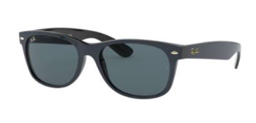
No Protection for
Eyelids
Eyelids
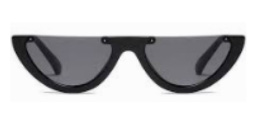
No Protection For
Cheekbones
Cheekbones

Thin Frames Can Accelerate Eye Damage
Up to 50% of UV rays reach your eyes by entering from the sides and reflecting off the back surface of your sunglass lenses Thinner side arm frames also allow the sun to penetrate the thin layer of skin around your eyes and upper cheeks and reach deep layers of your skin. This can cause irreversible damage to your future eyesight. This is why you should wear wider frames and need anti-reflective treatment on the back side of your lenses.
According to the CDC, about 4.3 million adults are treated for basal cell and squamous cell cancers around the eyes each year. The American Society of Clinical Oncology estimates that around five to ten percent of all skin cancers occur in the eye area.
Thin Frames Can Cause Premature Aging of the Skin Around Your Eyes
Don't Let This Happen To You
Skin Between the Eyes

Side Areas of the Eyes
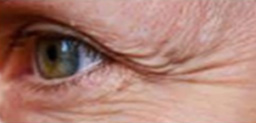
Eyelids
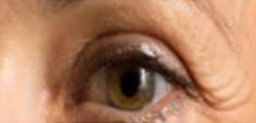
Upper Cheeks
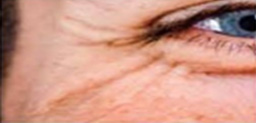
Thinner frames allow the sun to cause premature skin aging around your eyes and why fine lines, wrinkles, puffiness, dark circles and bags shows up even when you wear sunglasses.

Protection is Needed While Driving

Protection is Needed Even On Cloudy Days
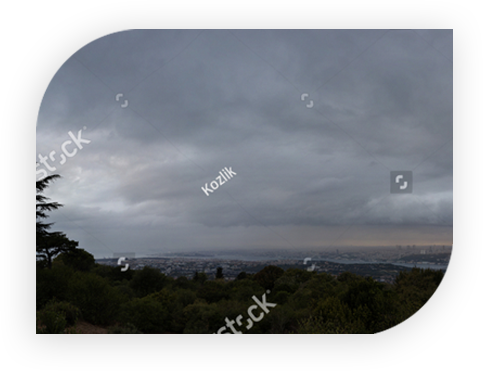
So, sunny or cloudy, it's always smarter to wear sunglasses that protect your eyes and your skin. We have found a pair that both provides the protection you need and looks stylish too, which is a bonus.
Studies have shown that partially cloudy skies actually raise the sun's damaging rays by 25% or more than a bright day and increase DNA damage up to 40%.









Leave a Reply